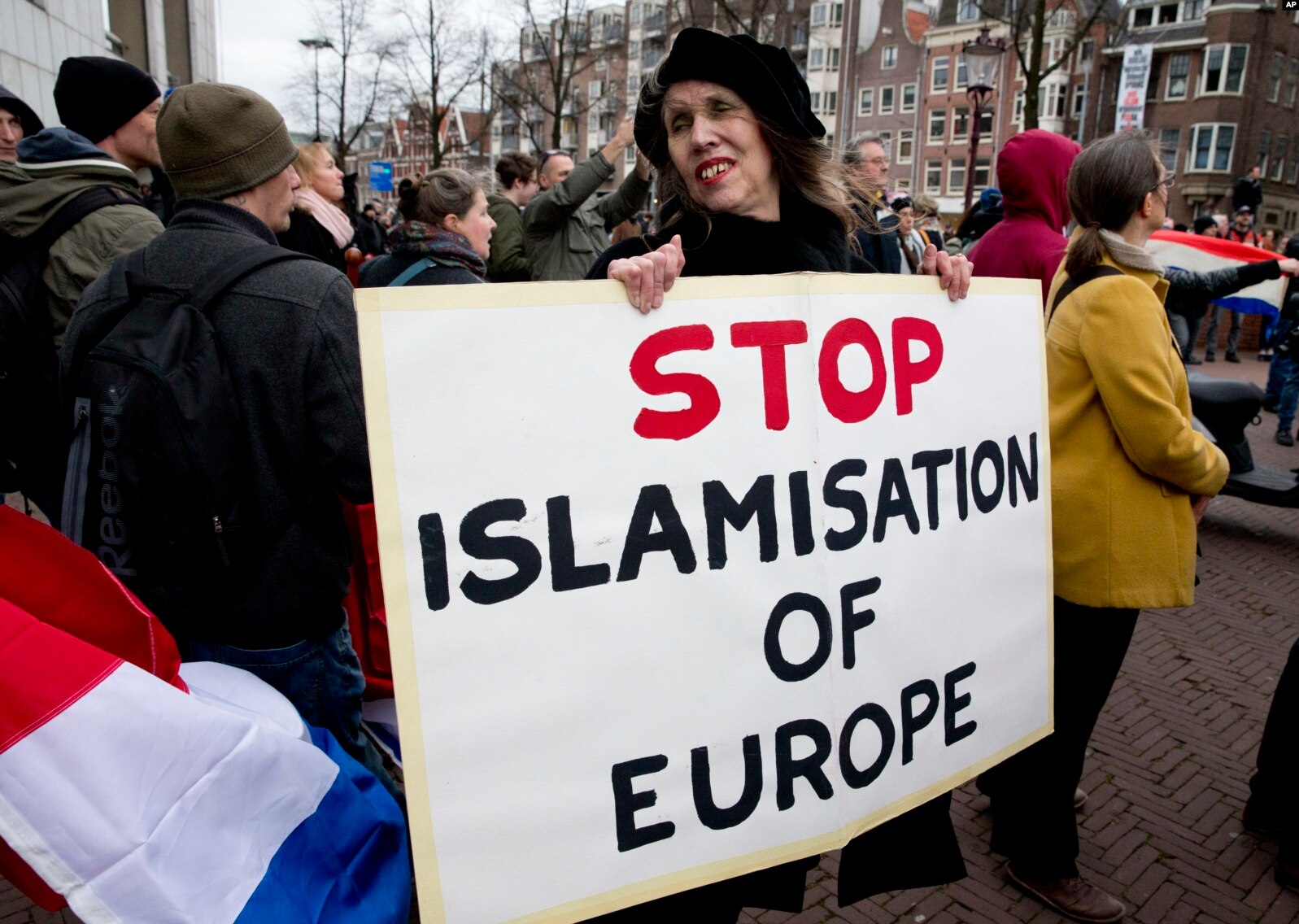In a world that thrives on the free exchange of ideas and beliefs, the boundaries of free speech are constantly tested. The case of Salwan Momika, a controversial figure known for his provocative acts, brings to light the delicate balance between freedom of expression and the potential for inciting violence and hatred. Momika, an Iraqi refugee living in Sweden, has gained notoriety for burning copies of the Quran, acts that have sparked outrage and condemnation globally. His use of social media platforms like X (formerly Twitter) to broadcast these actions has prompted international concerns, including from the Indian government, highlighting the complex interplay between free speech and the responsibility to prevent harm.
Salwan Momika and His Controversial Actions
Salwan Momika first caught global attention with his public desecration of the Quran, an act that he repeated on multiple occasions in Sweden. These acts, captured and shared on social media, were intended as a form of protest against what he perceives as the threat posed by Islam to Western values and secularism. In his posts, Momika has made statements that are deeply critical of Islam, further fueling tensions. His actions have not only angered Muslim communities worldwide but have also raised serious concerns about the consequences of such provocations (The Daily Star,India Today).
Global Reaction and India’s Involvement
The global reaction to Momika’s actions has been swift and intense. Countries with significant Muslim populations, as well as international organizations, have condemned his actions. Protests have erupted in various parts of the world, and there have been calls for stronger measures to prevent the dissemination of hate speech that could incite violence and religious intolerance.
The Indian government, which has a large Muslim population, has reportedly filed a complaint with X (formerly Twitter) regarding Momika’s posts. India’s concern is rooted in the potential for such inflammatory content to disrupt communal harmony and incite violence. The complaint underscores the challenges that social media platforms face in moderating content that, while protected under free speech laws in some countries, could lead to serious repercussions in others(India Today, The Jerusalem Post).
The Dilemma of Free Speech vs. Hate Speech
The case of Salwan Momika raises important questions about the limits of free speech. On one hand, the right to express one’s views, even if they are unpopular or offensive, is a fundamental principle in many democratic societies. On the other hand, there is a growing recognition that speech that incites hatred, violence, or discrimination against particular groups must be curtailed to protect public safety and social harmony.
In Sweden, where freedom of speech is highly valued, the courts have allowed Momika’s demonstrations under the banner of free speech, despite the government’s concerns about security and public order. This has led to a tense situation, with Sweden raising its terror alert levels following increased threats from extremist groups in response to the Quran burnings (India Today, The Jerusalem Post).
Social Media’s Role and Responsibility
Social media platforms like X play a crucial role in this debate. They are powerful tools for disseminating information and ideas, but they also have the potential to spread hate speech and incite violence. The challenge for these platforms is to find a balance between allowing free expression and preventing the spread of content that could lead to real-world harm.
The Indian government’s complaint to X regarding Momika’s posts is a call to action for social media companies to take a more proactive role in moderating content that could incite hatred and violence. While freedom of expression must be protected, it is equally important to recognize the responsibility that comes with that freedom. Platforms must develop robust mechanisms to identify and manage content that crosses the line from free speech to hate speech.
Conclusion
The controversy surrounding Salwan Momika highlights the ongoing struggle to balance freedom of expression with the need to protect public order and prevent violence. As social media continues to play a central role in shaping public discourse, it is imperative that both governments and technology companies work together to navigate these challenges. By finding a balance that respects free speech while curbing hate speech, we can strive towards a more harmonious and inclusive society, where diverse voices can be heard without fear of inciting division or violence.
The case of Salwan Momika is not just about one man’s actions but is a broader reflection of the challenges that democracies face in the digital age. It is a reminder that the right to free speech comes with the responsibility to use that freedom wisely, in a way that does not harm others or threaten the peace and stability of our societies.




